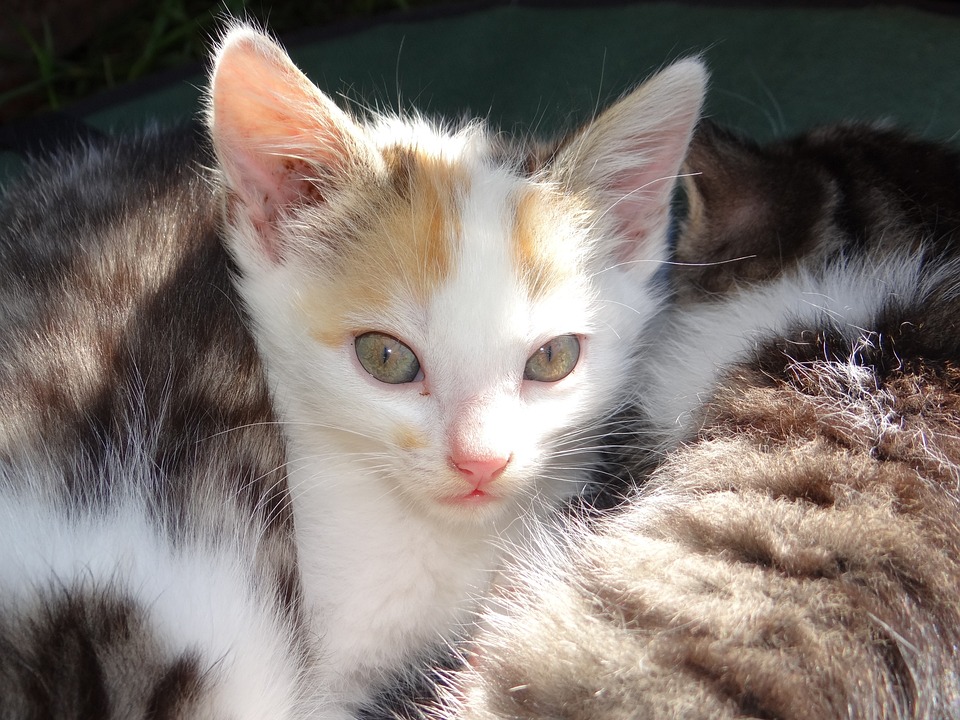Introduction:
Cats are beloved companions known for their independent nature. While some cats spend their lives indoors, away from potential dangers, others enjoy the freedom of exploring the great outdoors. Vaccinations play a crucial role in maintaining the health and well-being of our feline friends, regardless of their lifestyle. In this article, we will discuss the importance of vaccinating indoor cats and address common questions and concerns regarding vaccinations.
Why should you vaccinate your indoor cat?
1. Preventing Infections:
Just because your cat lives indoors doesn’t mean they are immune to infections. Indoor cats can still be exposed to diseases through contact with other animals, including visiting outdoor cats or small animals that may enter your home. Vaccinations help protect them from common infections and diseases, ensuring their overall health.
2. Protecting Against Zoonotic Diseases:
Zoonotic diseases are those that can be transmitted from animals to humans. Vaccinating your indoor cat not only protects their health but also helps prevent the spread of diseases to your family members. Some zoonotic diseases, such as rabies, can be fatal to both cats and humans.
3. Safeguarding Indoor-Only Cats from Unexpected Outdoor Exposure:
Even if your cat never steps a paw outside, there may be situations where they could be exposed to the outdoors unexpectedly. For example, if you move to a new home or have visitors who accidentally leave a door or window open, your indoor cat may escape and come into contact with infected animals. Vaccinations provide an added layer of protection in these unforeseen circumstances.
Common Vaccines for Indoor Cats
1. Rabies Vaccine:
The rabies vaccine is essential for all cats, regardless of whether they live indoors or outdoors. Rabies is a deadly disease that can be transmitted to humans, and vaccinating your cat against it is not only required by law in many areas but also crucial for their health.
2. Feline Herpesvirus and Calicivirus Vaccine:
These vaccines protect against two common respiratory infections in cats. Even indoor cats can contract these diseases through contact with infected cats or through fomites, such as clothing or objects that have been in contact with infected cats. Vaccination helps prevent the spread of these highly contagious diseases.
3. Feline Leukemia Vaccine:
Feline Leukemia Virus (FeLV) is a contagious disease that can be transmitted through close contact with infected cats. If you have multiple cats or your indoor cat has contact with outdoor cats, the FeLV vaccine is recommended to protect against this potentially fatal disease.
4. Feline Immunodeficiency Virus Vaccine:
Feline Immunodeficiency Virus (FIV) is another contagious disease that affects the immune system of cats. While indoor-only cats are at a lower risk of exposure, it is still possible for them to come into contact with infected cats. The FIV vaccine can provide added protection, especially in households with multiple cats or where there is a potential for exposure.
FAQs about Vaccinating Indoor Cats
1. Are indoor cats at risk of contracting diseases?
While the risk may be lower for indoor cats, they can still be exposed to diseases through contact with other animals or objects that carry infections.
2. How often should I vaccinate my indoor cat?
The vaccination schedule for indoor cats may vary depending on their age, health status, and local regulations. Consult with your veterinarian to determine the appropriate schedule for your cat.
3. Can indoor cats transmit diseases to humans?
Indoor cats can transmit certain diseases to humans, especially zoonotic diseases like rabies. Vaccinating your cat helps protect both them and your family members.
4. Are there any risks associated with vaccinating indoor cats?
Vaccinations are generally safe for cats, but there can be rare cases of adverse reactions. It’s important to discuss any concerns with your veterinarian and ensure that your cat is healthy before receiving vaccines.
5. Can I opt for titer testing instead of vaccinating?
Titer testing measures the level of antibodies in your cat’s blood to determine if they are still protected against certain diseases. While titer testing can be an option, it is not a substitute for vaccinations and may not be accepted in all situations, such as for legal requirements or boarding facilities.
6. What are the signs of an adverse vaccine reaction in cats?
Adverse vaccine reactions in cats may include lethargy, vomiting, diarrhea, swelling at the injection site, or difficulty breathing. If you notice any unusual symptoms after vaccination, contact your veterinarian immediately.
7. Are there any alternatives to traditional vaccinations?
There are some alternative vaccination schedules and protocols that can be discussed with your veterinarian. However, it’s important to note that vaccines are the most effective and proven method to protect your cat against diseases.
Conclusion:
Vaccinating indoor cats is a proactive step towards ensuring their lifelong health and protection against potentially harmful diseases. While the risk of exposure may seem lower for indoor cats, unexpected situations can arise, potentially exposing them to infections. Consult with your veterinarian to determine the appropriate vaccination schedule for your indoor cat, taking into consideration their individual needs and lifestyle. Remember, prevention is always better than cure when it comes to safeguarding the well-being of our furry companions.








